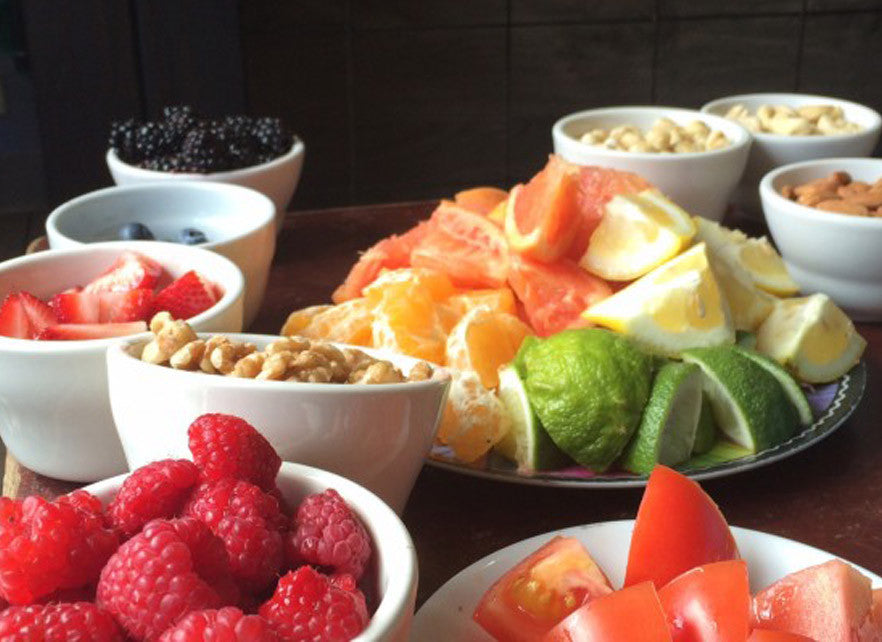
An Outsider's Perspective on Coffee
Share
By Andrew Campbell
If you’re reading this, chances are you’re a person who enjoys coffee enough to want to learn more about it. When I first started working at Coffee Labs in the roasting and packaging department, I was definitely not one of those people. To me, coffee was just coffee. Drink it, you’ll be awake, drink a lot, you’ll have the jitters. That’s it. I had no idea what a varietal was, and knew nothing about the different characteristics of beans from different parts of the world. The most perplexing thing about the whole process for me in the beginning was the bizarre descriptions for each of the coffees, which looked insane to my untrained eye. For example, one of the coffees we feature right now is called “Ethiopia Hambela”. It has notes of “dried stone fruit, honey, melon and sugar cane”. It’s coffee, how could it taste like melon?

Jefferson the head barista tried to explain it to me during my first coffee tasting, or cupping, with little success. Jefferson detected notes of ridiculously specific things in the coffee we were tasting. I don’t recall what, but all I could do was smile and nod in feigned agreement. I tasted coffee, I smelled coffee, and the only flavor note I could detect was, unsurprisingly, coffee. The trick is to pick out the nuances.

I finally learned the secret to coffee tasting after the staff held a cupping coordinated by Mike and Alicia, for beginners in the coffee world. The premise of this cupping was simple, insofar as we sampled different kinds of nuts, berries, citrus and chocolate, and wrote down what they tasted like and how they felt on the palate. For example, with a strawberry, you couldn’t just say it tasted like a strawberry. You had to describe it, saying it tasted sweet and tart, and that it left your mouth feeling a little dry after you eat it. Conversely, blackberries are much sweeter, less tart, with a little more of a “wet” feel in your mouth. When tasting two different coffees, one might be sweet and dry like a strawberry and another might be sweet and wet like a blackberry. This is the secret to coffee notes, its not that you will taste strawberry or blackberry when you drink the coffee, but you may be reminded of what either one of those taste like, I.E wet, dry, sweet or tart.
Hopefully, this brief explanation makes it a little clearer what coffee notes mean. Something you can do if you want to learn how to get the most out of coffee is to taste your food on a day-to-day basis like I described above. Ask yourself why exactly you like your favorite food, and to put it into words. Do you like it because it’s salty, savory, sweet etc.? Also try new things to expand your palate. In order to appreciate the taste of food and drink you need to be familiar with all kinds of foods. This means you should also try tasting foods you don’t like and asking yourself why. Coffee is one of the most nuanced drinks in the world. This is why its tasting notes seem so hard to discern in a cup, especially compared to things like wine or liquor. It’s all about training your taste buds and olfactory senses to detect the nuances. It just takes practice, like anything else. I’ve been working at Coffee Labs for about one year now, and since I started working here I have gone from a coffee bagger to head of media. I’m by no means a professional coffee taster, but I can certainly appreciate the nuances in different coffees from different parts of the world, and I have my own preferences, and if you start looking for the flavors you enjoy in coffee you’ll have your own. Coffee is so much more than I thought it when I first started here. It still wakes me up in the morning, or keeps me up at night if I drank too much, but I have a whole new appreciation for what goes into a cup. In the time I have worked here I have learned more about coffee than I thought was possible, and I am very glad to have had that opportunity.

